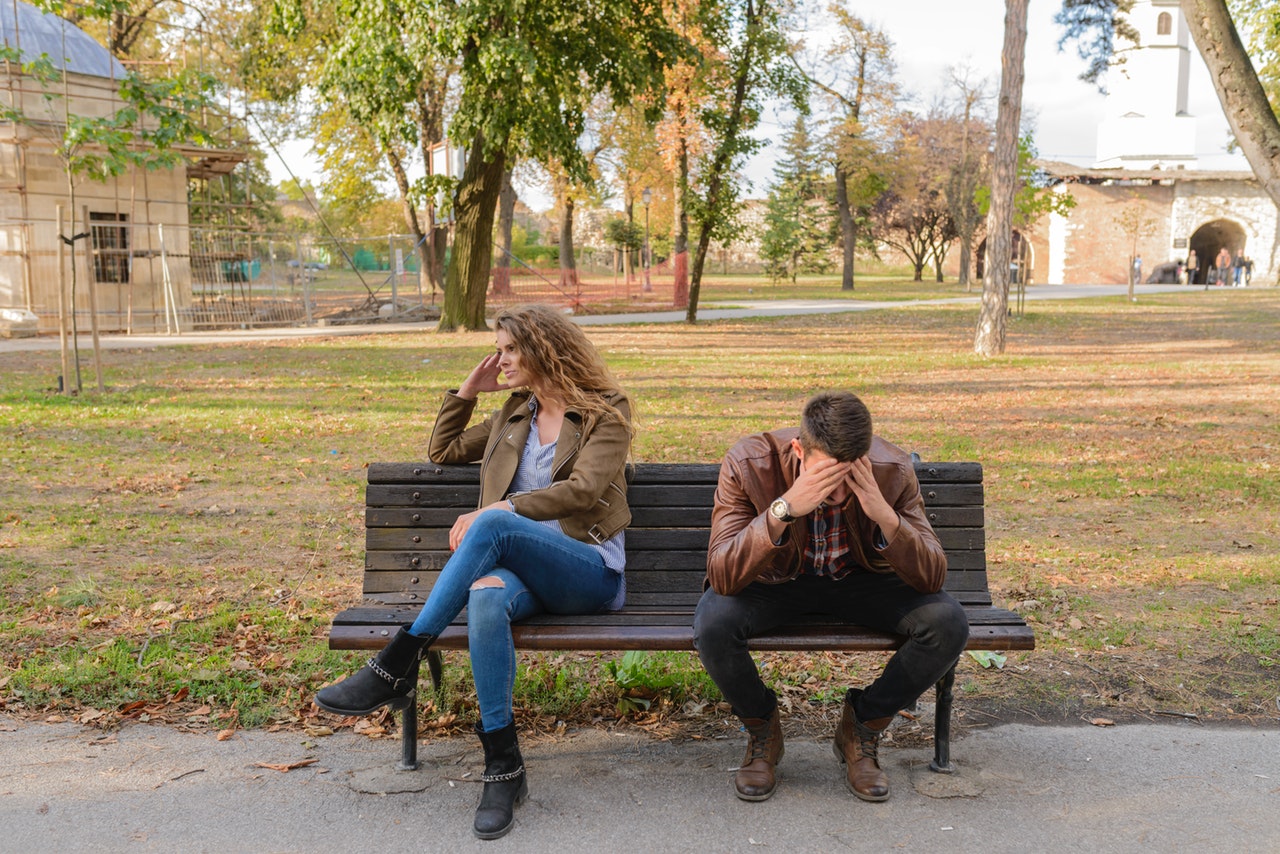Friday Feature: Recognizing and Addressing Codependency in Your Relationship

This week we’re pleased to share a guest post on codependency by Reese Jones.
Being able to count on each other for love and support is one of the most satisfying parts of being in a relationship, but only up to a certain point. Sometimes this support can cross a line and turn into harmful codependency. While this is different for every relationship, being codependent generally means one person in the relationship is sacrificing more for the benefit of the other, more problematic partner. So without further ado, let’s talk about how you can tell if you are in a codependent relationship and what you can do about it.
Signs of Codependency
Codependency often arises in individuals who had problematic childhoods under emotionally abusive and narcissistic parents. This is not surprising, with Time Magazine confirming that abused children are at a higher risk of developing a host of mental disorders as adults, including depression and anxiety. This damaged mental state is often present in individuals in codependent relationships. In fact, researchers from Kent State University highlight how there is a strong correlation between depression and codependency.
A main symptom of codependency is that you’re constantly anxious about your relationship because you want to please your partner, or you find yourself depressed and insecure when you don’t get enough attention from him or her. It can also manifest as irrational jealousy or a crippling fear of your partner leaving. Additionally, you may have a bad habit of always saying yes to your partner’s demands, just because you don’t feel worthy enough to refuse.
These symptoms can be detrimental in most other aspects of your life, considering how intertwined one’s mental state is with daily activities and interactions. Negative mental effects of codependency can also affect not just your relationship, but also your performance in the workplace or school, your hobbies, and even your friendships.
Overcoming Codependency
If you’ve determined that your deteriorating mental state and low self-worth are being caused by your relationship, then it’s time to undergo the slow process of change and recovery. The most important part of this process is to learn how to be your own person again by focusing on self-love. In a post by Phil and Maude, ‘Neediness is Not Good for You and Your Relationship,’ they wrote about how both parties in a relationship have a responsibility to care for themselves as separate individuals.
To be a good partner in a healthy relationship, your self-worth should not depend on anyone else but you. Develop your own hobbies and pursue your own passions, free of your partner’s expectations and opinions. Travel on your own, meditate, and take time to look inwards and build yourself up from there. Of course, communicate with your partner about what you’re doing, so that he or she can take the right steps to break free from codependency as well.
All in all, codependency in a romantic relationship can be one of the most hurtful and damaging things that can happen to you. But when you are able to let go of this harmful over-attachment, you’ll find that it will lead to a renewed sense of self-love and a strengthened identity. From there, you’ll be free to make guilt-free choices about what’s actually good for you and your long-term happiness.
Guest post by Reese Jones
Photo credit: Pexels
Leave a Reply